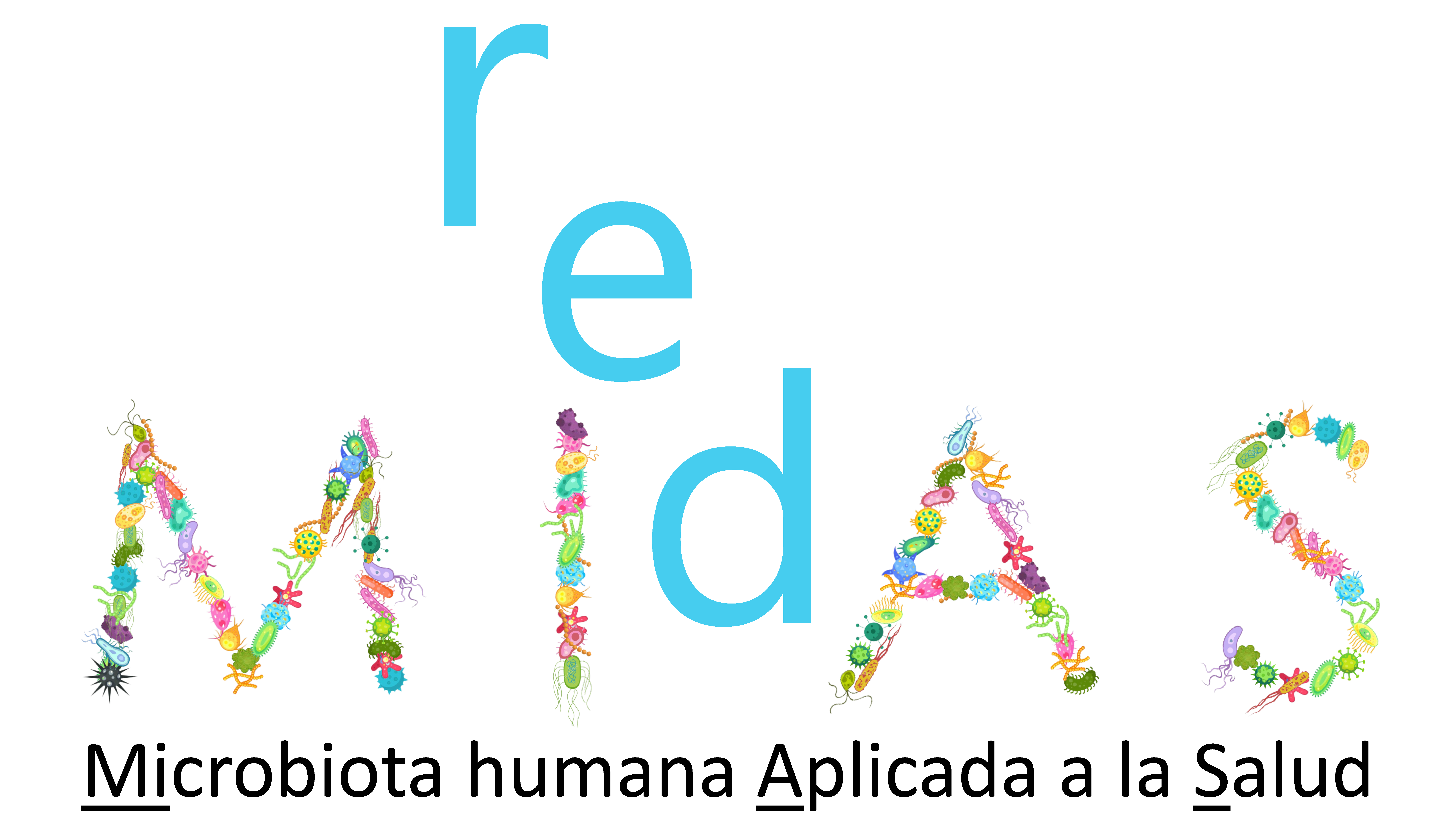Nutrition & Metabolism
We investigate how the gut microbiome contributes to maintaining metabolic health
We investigate how the gut microbiome in symbiosis with the host (holobiont) and under the influence of environmental factors (e.g., diet, lifestyle, stress, etc.) shapes metabolic health, and why deviations from this symbiosis increase the risk of obesity and metabolic complications (metabolic syndrome, type 2 diabetes [T2D], cardiovascular disease [CVD], etc.). Our research programmes aim to disentangle the role of the microbiome, jointly with other interacting factors like the diet, in the bidirectional communication between the gut, the brain and the peripheral tissues, and to use this information to improve the functioning of immune and neuroendocrine pathways involved in our metabolism.
Objectives
- Identifying how the gut microbiome impacts on inflammation and immune dysfunction associated with obesity and chronic metabolic disease.
- Understanding how the gut microbiome impacts on the neuroendocrine system and gut-to-brain communication, regulating food intake and glucose metabolism
- Design microbiome-based interventions (new intestinal bacteria, microbiome-directed foods/ingredients/diets) to tackle obesity and its comorbidities
Impact
Overweight affects >50% of the EU population and contributes to the development of chronic metabolic (T2D) and CVD, which are the leading cause of morbidity and mortality worldwide. Dietary habits and lifestyle are robust determinants of these disorders, but effective therapeutic and preventive strategies based on lifestyle changes have had limited success thus far. Our research programme addresses this unmet need and can provide the following important information:
- Generating knowledge to ground future dietary and personalised recommendations, to attain a better control of our own metabolic health
- Microbiome-based solutions (live bio-therapeutic products [LBP], probiotics, microbiome-directed foods ingredients/diets) to combat obesity and comorbidities
- New molecular targets for the management of obesity and associated disorders















